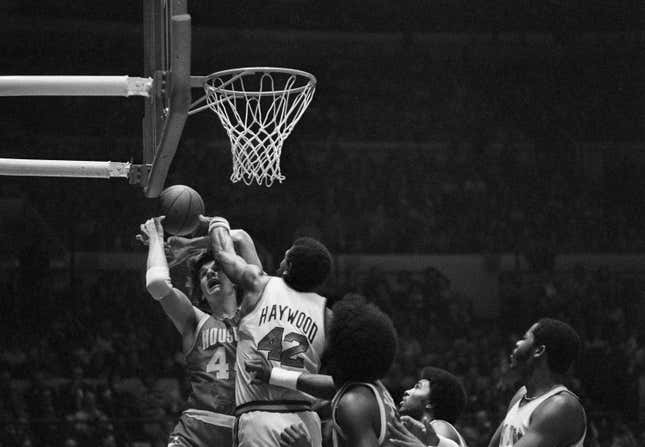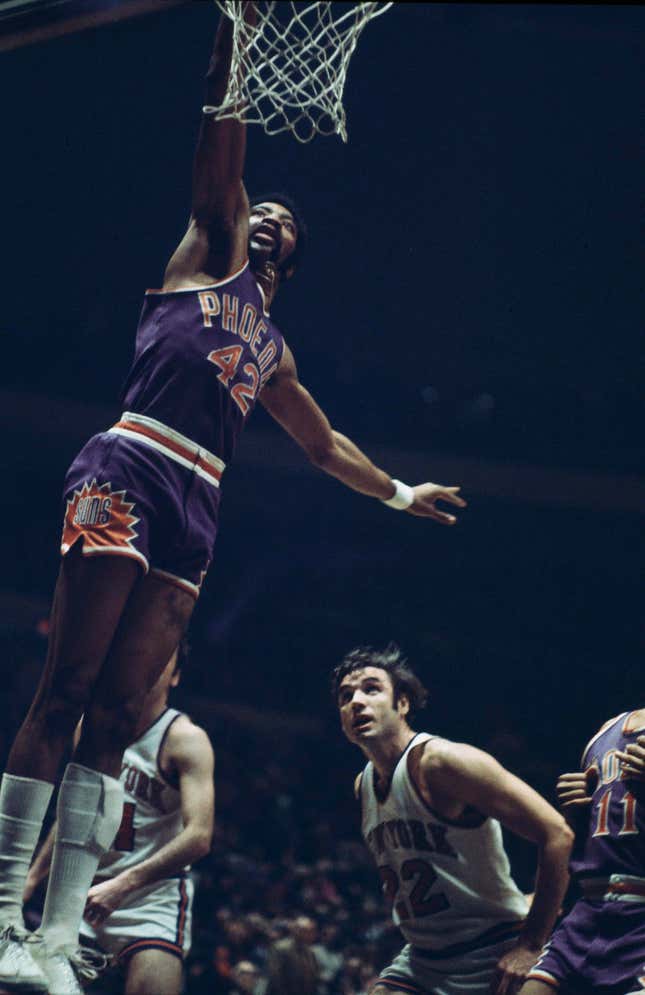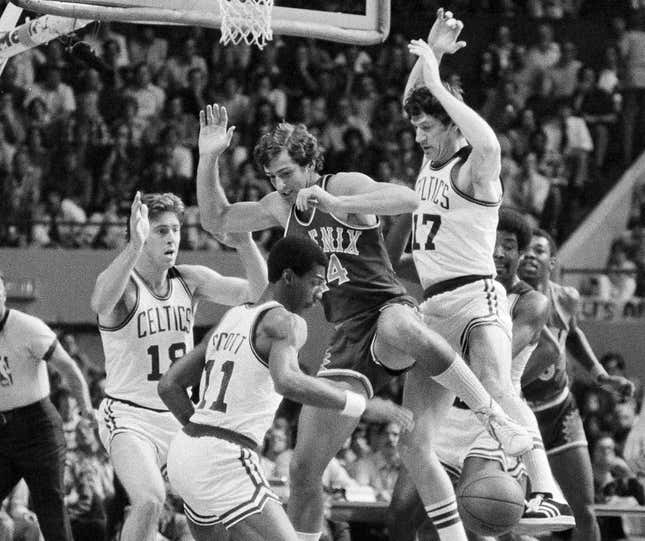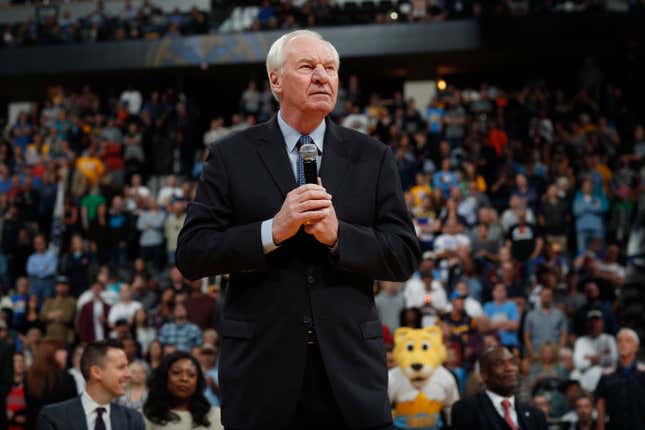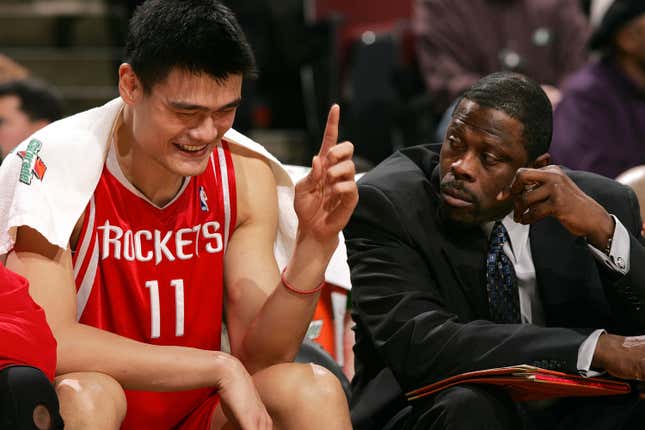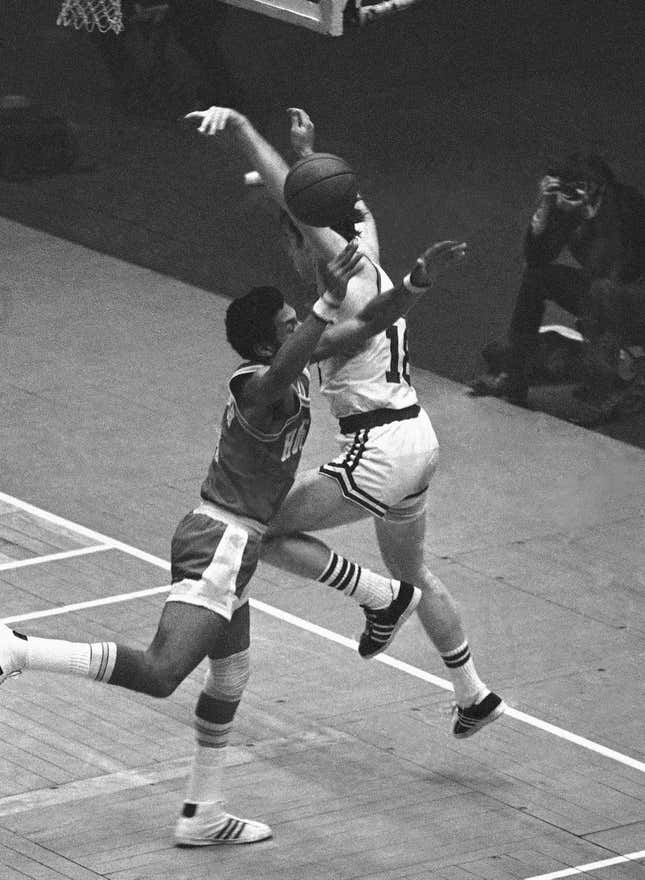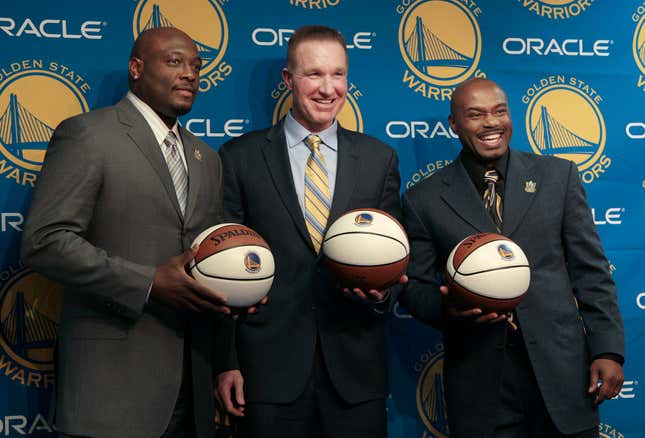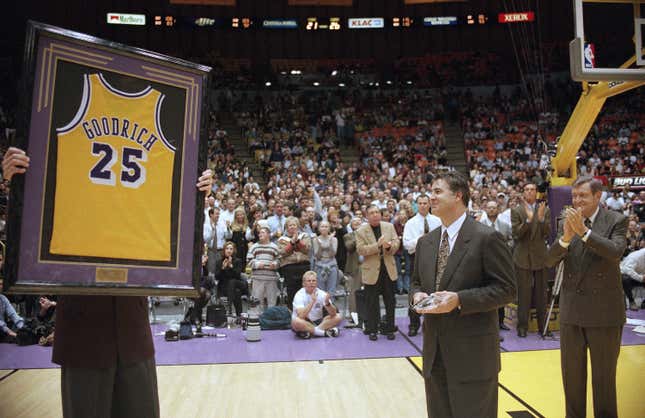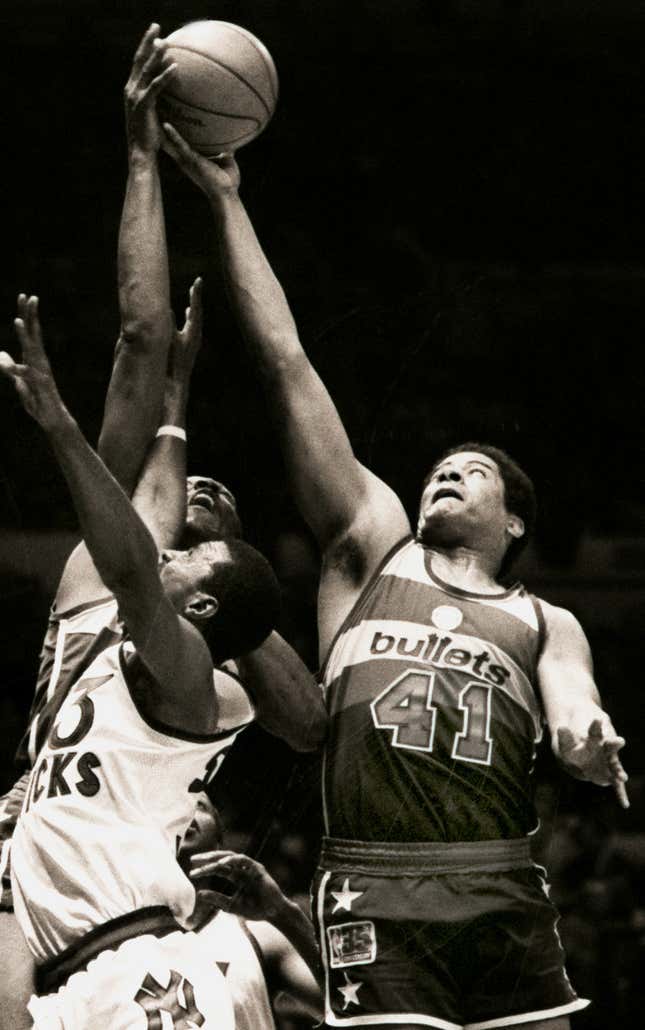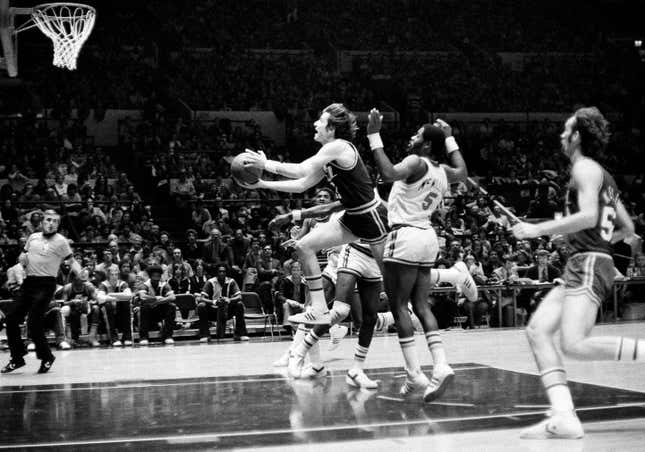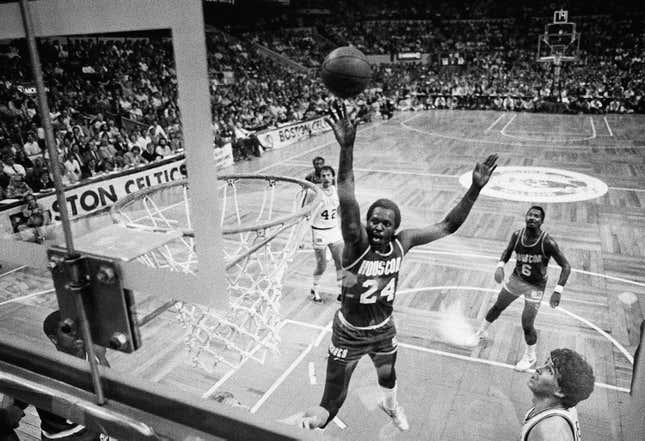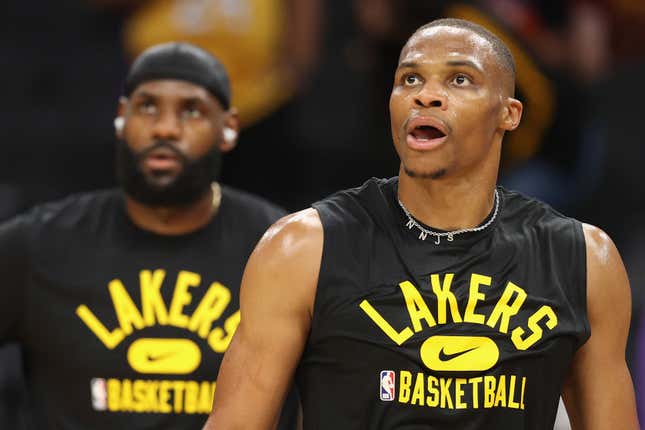
Injuries and the novel coronavirus have played a role in it, to be sure, as has the fact that they’re now up to 22 players used this season and it’s not even January, but the Lakers stink.
Los Angeles’ 16-18 record is actually a game better than where they’d be expected to be right now with their scoring margins. The Lakers rank 27th in the NBA in points allowed, and while some of that has to do with their pace, they’re 22nd in net rating. There’s not a lot that can be done to sugarcoat this.
As much as you might have seen it coming that the Lakers would struggle with the aging roster assembled by LeBron Ja— uh, Rob Pelinka… the possibility of Los Angeles finishing under .500 was not something that you would have considered very seriously before the season. They still have James, after all. And Anthony Davis. And Russell Westbrook. And Carmelo Anthony. That’s four players from the NBA 75th anniversary team, plus one or maybe two other future Hall of Famers in Dwight Howard and Rajon Rondo.
We’ll have to wait years to find out exactly how many of these Lakers wind up in Springfield, but we do know that their misery will have company. As much as a little bit of talent on an NBA roster goes a long way, there have been teams with legendary talent that fell flat on their faces.
Not many, but enough to list. These are the NBA teams of the last 50 years who had at least three Hall of Famers on the roster but wound up with a losing record.
